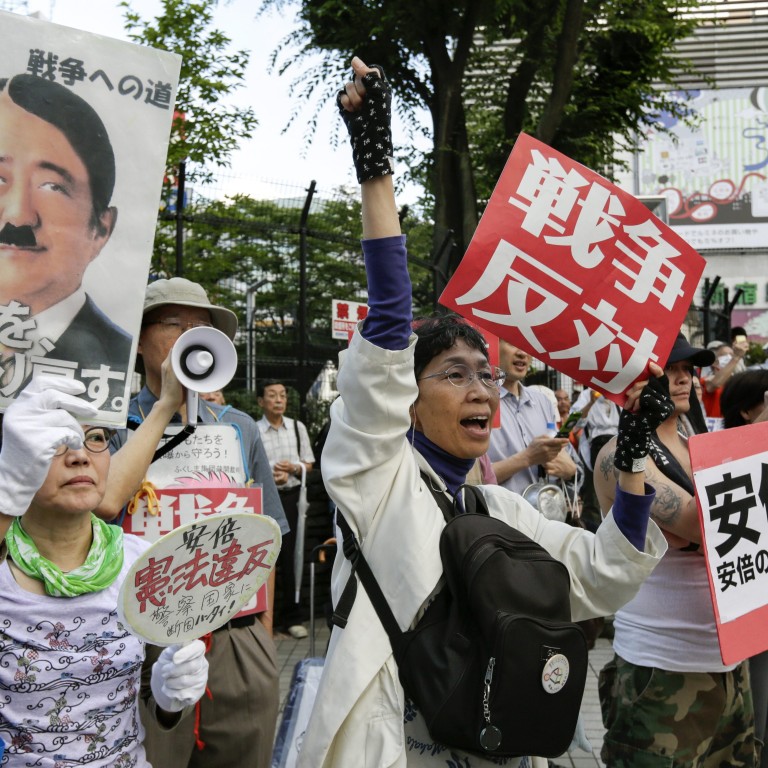
How they see it
Japan's change of military policy
1. The Japan Times
[Japanese Prime Minister Shinzo] Abe repeated his contention that enabling Japan to engage in collective self-defence would raise Japan's deterrence and thus "will help reduce the chances of Japan becoming involved in war". However, he did not address concerns that Japan's new "proactive" defence posture would likely increase friction with its neighbours - particularly China - thereby raising regional tensions and worsening the security environment around Japan ... Lawmakers and ordinary citizens alike should strive to bring a halt to the administration's dangerous move to allow Japan to engage in collective self-defence when it attempts to revise related laws in the Diet [parliament]. Tokyo
2. China Daily
On one hand, Abe has said he wants Japan to be a "proactive" contributor to global peace and security, so he needed to do away with the legal constraints on "collective self-defence". On the other hand, he has been making trouble in the immediate neighbourhood, displaying his and his administration's true colours as saboteurs of peace and security. Abe says he wants Japan to become a "normal" country ... But he ignores why his country and its military have been deprived of this "normalcy" … While leaving room for Abe to further reinterpret the Japanese constitution, Tuesday's cabinet resolution has opened Pandora's box for Japan, East Asia, and the world at large. Beijing
3. The New York Times
Although some countries, like the Philippines, endorsed Japan's move, China and South Korea, which suffered greatly from Japan's aggression, are wary about how Japan might exercise this new authority ... The Japanese parliament must still clear legal barriers to the constitutional reinterpretation by revising more than a dozen laws, which could take months. Abe's governing coalition has a comfortable majority in both houses, and the revisions are expected to pass. Even so, there is time for citizens to be heard through their elected representatives. It is fair for them to ask Abe to prove that the shift "is not going to change Japan into a country that wages wars". New York
